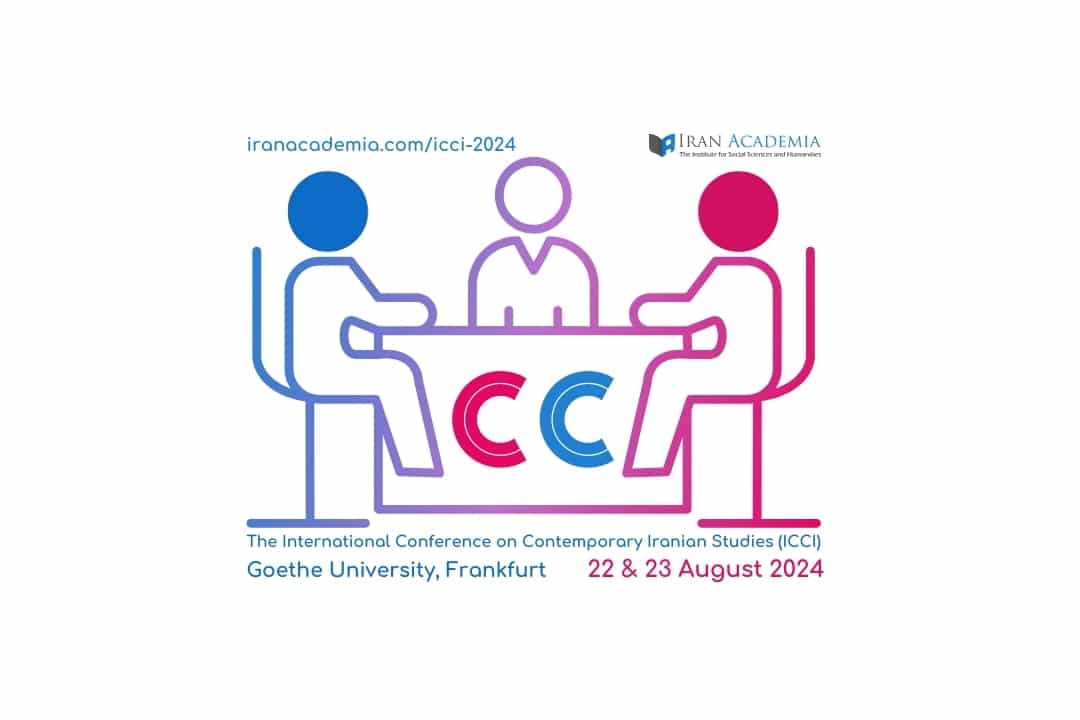Samaneh Khademi
Challenges and Opportunities Experienced by Iranian Refugee Entrepreneurs in the Netherlands
Fatemeh Faroughi
International Baccalaureate Schools and Persian Students’ Knowledge of their Mother Tongue: The Case of Understanding Persian Metaphors and the IB Diploma Program Students in Dubai
Moderator: Kazem Alamdari
Abstracts
Samaneh Khademi
Challenges and Opportunities Experienced by Iranian Refugee Entrepreneurs in the Netherlands
The Netherlands has historically welcomed diverse waves of immigrants, sparking concerns regarding their integration and societal inclusion. Recent initiatives and research reflect a growing interest in exploring refugee entrepreneurship as a potential avenue for addressing these challenges. Recognizing the varied historical contexts of migration, our research delves into the experiences of Iranian refugee entrepreneurs in the Dutch context, considering their intersectional identities, such as gender, ethnicity, age, class, and religion. We apply three main theories- translocational positionality, agency and inclusion- to our analysis. Thematic life-story interviews conducted between 2019-2020 with 14 Iranian refugee entrepreneurs, comprising both men and women who immigrated to the Netherlands in the 1980s and 1990s, form the basis of our research. At the institutional level, Iranian refugees highlighted inadequate economic support for refugee entrepreneurship in the Netherlands, often finding it more convenient to apply for unemployment benefits than to start a business. They faced exclusion due to negative societal perceptions of refugees in the labor market. However, entrepreneurship provided them with greater social respect and acceptance. Iranian refugees who immigrated in the 1980s faced a lack of a coherent integration policies. Regarding opportunities, Iranian refugees perceived greater accessibility and equality, particularly concerning gender, compared to their home country. However, they observed a decline in societal attitudes and opportunities for newcomers in recent years, particularly after 2000. At the individual level, some Iranian refugee entrepreneurs encountered challenges related to post-traumatic stress disorder and skill mismatches. Learning Dutch professionally posed a significant barrier, affecting their networking and marketing abilities. Limited access to financial capital and reliance on governmental support during the initial years were common hurdles. Conversely, their translocational positionalities provided unique market accessibility, through influencing their entrepreneurial motivations, resources, and strategies. Engaging in voluntary work proved beneficial for improving Dutch fluency, connecting them to Dutch society, and becoming familiar with the host culture. It also allows them to gain valuable experience in the labor market. Additionally, refugee entrepreneurs with English proficiency effectively leveraged their resources. Their intersectional backgrounds enabled them to identify niche markets, such as teaching Persian, and establish social enterprises aimed at empowering other refugee groups. Although the institutional support and opportunity structure for refugee entrepreneurship in the Netherlands have improved over time, they fall short of creating an inclusive society due to the absence of an intersectional lens. Consequently, these policies perpetuate inequalities that originated among refugee entrepreneurs in their country of origin, persisting during the initial years of immigration and potentially enduring indefinitely. This study offers insights by integrating refugee entrepreneurship, intersectionality, inclusion, and agency, shedding light on the complexities of refugee experiences and entrepreneurship in the Dutch context.
Fatemeh Faroughi
International Baccalaureate Schools and Persian Students’ Knowledge of their Mother Tongue: The Case of Understanding Persian Metaphors and the IB Diploma Program Students in Dubai
Due to globalisation, easier mobility of families across continents and English becoming the modern-day Lingua Franca, most Persian families living outside of the borders of the mother land prefer sending their children to English speaking schools and more specifically IB schools. On the other hand, within the estimated half a million Iranians residing in the UAE, concern about the language loss, becoming alienated from their culture and its norms and replacing it with Western cultural norms via the extensive use of technology and social media, resides in the parents’ and teachers’ mind alike. According to IB’s mission “the IB develops inquiring, knowledgeable and caring young people who help to create a better and more peaceful world through education that build intercultural understanding and respect”. This is best done via the inclusion of the mother tongue as a second language option in their curriculum. This research will focus on the use of metaphors and the students’ understanding of their meaning and use within their mother tongue. Persian is a language that throughout its history, has acquired and preserved culturally specific elements including the extensive use of metaphors in every day language. However, it seems that the new generation, specifically those who attend English-speaking curriculum schools are oblivious to this cultural wealth, aside from the more general language loss, yet one of the reasons parents prefer sending their children to IB schools to give them the opportunity to learn their mother language. This paper will look into 14 Persian IB diploma programme students studying at IB institutions in Dubai, and examine how this inclusion of the mother tongue as an option for the required second language subject does, or does not, help students with their knowledge of their native language that is so desired by parents and teachers. Although it is acknowledged that the study is relevantly new and the number of participants is low, the outcome has shown positive and interesting results that this inclusion of the mother tongue in the IB curriculum is beneficial to maintain the knowledge of the mother tongue alive. This paper suggests that, compared to those students who do not have the option of their mother tongue as a second language in their school, their knowledge is more advanced and they show a degree of deep connection and protectiveness towards their mother language.


